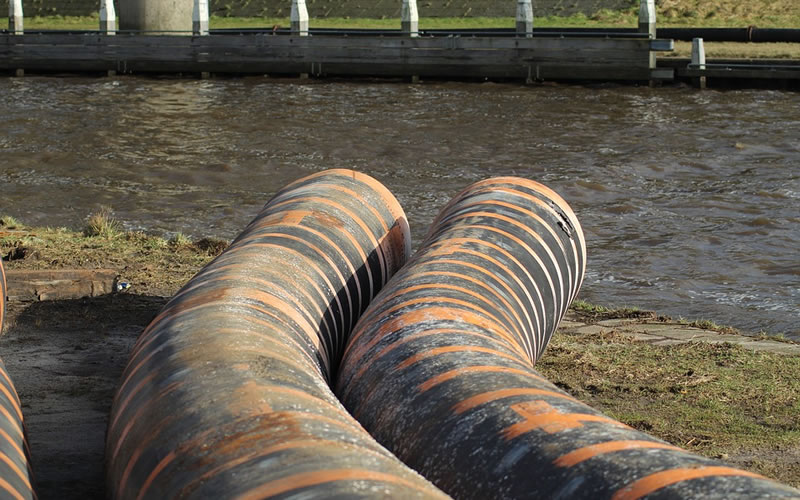
By Amy E. Armstrong, special to Statehouse Report | Gov. Henry McMaster this week signed into law Senate Bill S.105, which eliminates existing protections for air, water, wetlands and wildlife habitats. Prior to the bill, an “automatic stay” put on hold agency decisions that would allow environmental degradation until a judge determined whether the degradation was lawful. The new law gives an environmental permit applicant the ability to proceed with a destructive and polluting project before that lawfulness determination is made.

For years, the automatic stay law has been used by environmental advocacy groups to protect South Carolina’s natural resources. For example, the law was used in a challenge of a high-density development on the 42 acres surrounding the Angel Oak on Johns Island, which would have allowed trees to be cut down, wetlands to be filled, and polluted stormwater to drain into the adjacent Church Creek. As a result of the challenge filed by the South Carolina Environmental Law Project (SCELP), the automatic stay was used to prevent that degradation and ensure permanent protection for the Angel Oak and its environment. SCELP has also used the automatic stay to protect Captain Sams Spit from an ill-advised development proposal on this dynamic and undeveloped 150-acre barrier island spit.
The automatic stay was previously weakened to allow projects to proceed upon a showing of either good cause or that no environmental degradation would occur. This important law has now been effectively eliminated. Citizens and environmental groups seeking to protect themselves and their communities are without meaningful recourse for DHEC-issued environmental permits.
Projects which cause environmental degradation can now proceed, even though they may be illegal. Importantly, the new law signed by McMaster eliminates citizens’ constitutional due process rights to a hearing before their rights are affected. The legislature has effectively given a free pass to development on Captain Sams Spit, sprawling suburban developments in wetlands, a new landfill to haul in out-of-state garbage and the mining companies that want to move in next door. South Carolina’s citizens no longer have an effective voice or level playing field against those who seek profit at the expense of the environment.
Amy E. Armstrong is executive director and general counsel of the S.C. Environmental Law Project which protects the natural environment of South Carolina by providing legal services and advice to environmental organizations and concerned citizens and by improving the state’s system of environmental regulation.
















 We Can Do Better, South Carolina!
We Can Do Better, South Carolina!